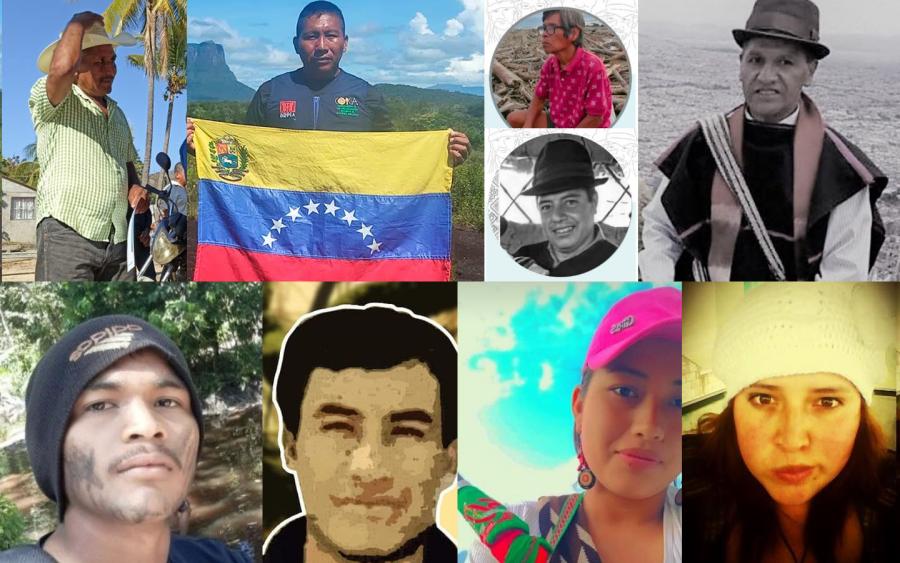At the time of this writing, participant governments still have not reached consensus on the final documents of the World Conference Against Racism (WCAR). The conference, dominated almost exclusively by the political division over the Palestine/Israel conflict and the issue of apology and reparations sought by African Americans for slavery, was plagued by discord and a lack of political will. Even the thousands who gathered in the previous week for the civil society forum could not produce an accepted final document.
Though the WCAR became a place where many diverse and important voices were drowned out, indigenous peoples gathered there were able to form a strong and unified body, which came across as a focused and vocal group. Yet despite indigenous peoples' active participation (not only in the WCAR, but in all its preparatory meetings), consistent lobbying of and consultations with governments, and political protests and press conferences during the WCAR, they still weren't able to overcome the racism inherent to the conference.
The crucial issue for indigenous peoples was the qualification of the term "indigenous peoples" in the proposed final WCAR documents. The unqualified and exact use of the plural term "indigenous peoples" instead of the singular "indigenous people" would have meant the acknowledgement of their collective rights.
Despite indigenous peoples' constant demands for recognition as collective bodies, some attending governments -- most notably the United Kingdom -- could not support their request. The final text of the WCAR documents contains a clause stating that the use of the term "indigenous peoples" can not be construed as having any implications as to rights under international law.
The use of the singular "indigenous people" in essence implies that indigenous peoples do not have the right to define themselves. As one indigenous delegate said: "...this move totally undermines the pursuit of self-determination and thus fundamental rights like land ownership, culture, language, fishing, and hunting rights. It is a slap in the face of human rights." It's a sad sign indeed that the World Conference Against Racism doesn't think these rights apply to indigenous peoples.
Article copyright Cultural Survival, Inc.


